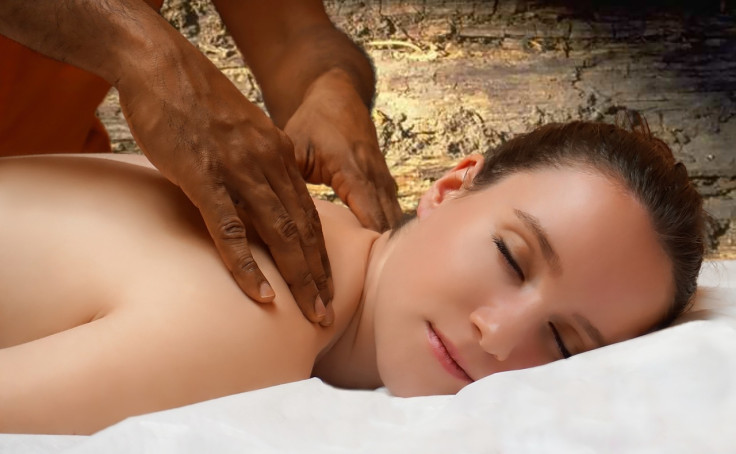Ayurveda For Stress Relief? Here's What Experts Have To Say

Stress is a common concern among many people and it can disrupt the overall sense of well-being. While a certain degree of stress can motivate a person to work better, excessive pressure can become overwhelming and affect the normalcy of life.
Ayurveda, a traditional system of medicine that originated in India thousands of years ago, is based on the idea that wellness depends on the balance between the mind, body and spirit.
Its holistic, as well as customized, approaches make it a relevant body of science in today's world, Dr. Pallatheri Nambi Namboodiri, director of Nagarjuna Ayurveda hospital in the southern Indian state of Kerala, told Medical Daily.
"Ayurveda has a holistic, as well as customized approach to everything. This makes this science very important and relevant even in this present-day world. Since everyone is different and unique, why should we have a 'one size fits all' approach? Ayurveda focuses to fill that customized need," he said.
Ayurvedic approach to stress
To tackle stress, it is important to understand what causes it. Stress comes from various sources such as work, relationships, health concerns and financial struggles.
According to Dr. Namboodiri, stress is a "pressure state" of mind when it faces trouble to handle certain life events. Another reason for stress is "raga" – the desire or want to have more in life.
"Ayurveda is the first health science to have included mental well-being for health. It says 'prasanna atma-indriya-manasa' as a major criterion for health apart from the physical aspects. This can be translated as health is a result of a happy or contented soul-senses-mind," Dr. Namboodiri said.
Although Ayurveda uses a range of treatments for managing stress, the key lies in living in sync with nature.
"Ayurveda's approach to stress is in three stages, in order of importance. The first is one's 'Ahara' (food habits). The right kind of food, in moderate quantities and at the right time is the most important. Secondly, it is 'Vihara' (lifestyle). Sleep – when do you go to bed? Number of hours of sleep? When do you get up? Exercise – when and how much? Shower, oil massage. Every activity you do daily or seasonally, come under this. Thirdly, is the treatment," he explained.
"'Abhyanga' (specialized massages), 'siro vasti' (letting oil stay on the head) and 'siro dhara' (pouring oil on the forehead) have been mentioned to manage stress, apart from many internal medicines. Yoga and meditation also have been instructed. 'Satsanga' (the company of the right people) is yet another very valuable suggestion to manage a lot of issues in life," he added.
When allowed to persist for a long time, stress can lead to an imbalance in the mental state that gets reflected and reinforced at physical levels, Dr. Aparna K, medical director at Purnayoo Arogya Niketanam in Kerala, told Medical Daily.
Dr. Aparna, who co-authored a research article titled "Tacking Stress the Holistic Way," says a three-fold strategy that involves magico-religious practices, psychological methods and physiopharmacological methods can help in solving psychological disorders, including stress and anxiety.
"Along with this, following ethical, moral, and social conduct, resorting to spiritual knowledge and yoga also helps to keep the mind and body free from the external and internal stressors," she added.
Lifestyle tips for stress relief
Adapting certain lifestyle habits such as good sleep and right food can help to reduce stress and improve mental well-being. Ayurveda considers taking the right food as medicine. To reduce stress, experts recommend incorporating a diet rich in fresh, organic produce, whole grains and vegetarian protein.
A good daily routine, especially regularity in sleep patterns and eating habits, can help in maintaining balance. Practicing breathing exercises, meditation, listening to soothing music and the use of therapeutic aromas can also help in stress relief.
Published by Medicaldaily.com



























